Same class but inferior in connection and infrastructure
The first three months of 2024 were a "great victory" for Phu Quoc tourism on the international media front. DestinAsian , a prestigious travel and lifestyle magazine in the world, named Phu Quoc one of the 10 most beautiful beach destinations in Asia. Phu Quoc stood alongside other famous "sea paradises" such as the Maldives, Bali in Indonesia or Boracay in the Philippines.
Tatler Asia , a Conde Nast publication in the UK, called Phu Quoc a pride of Vietnam and a fresh alternative to familiar destinations such as Krabi (Thailand) or Bali (Indonesia). One of the reasons why Phu Quoc is on this list is its beautiful beaches with smooth white sand, clear blue water and diverse terrain of forests and seas for tourists to explore. The magazine affirmed that this will be the perfect place to heal and recharge.
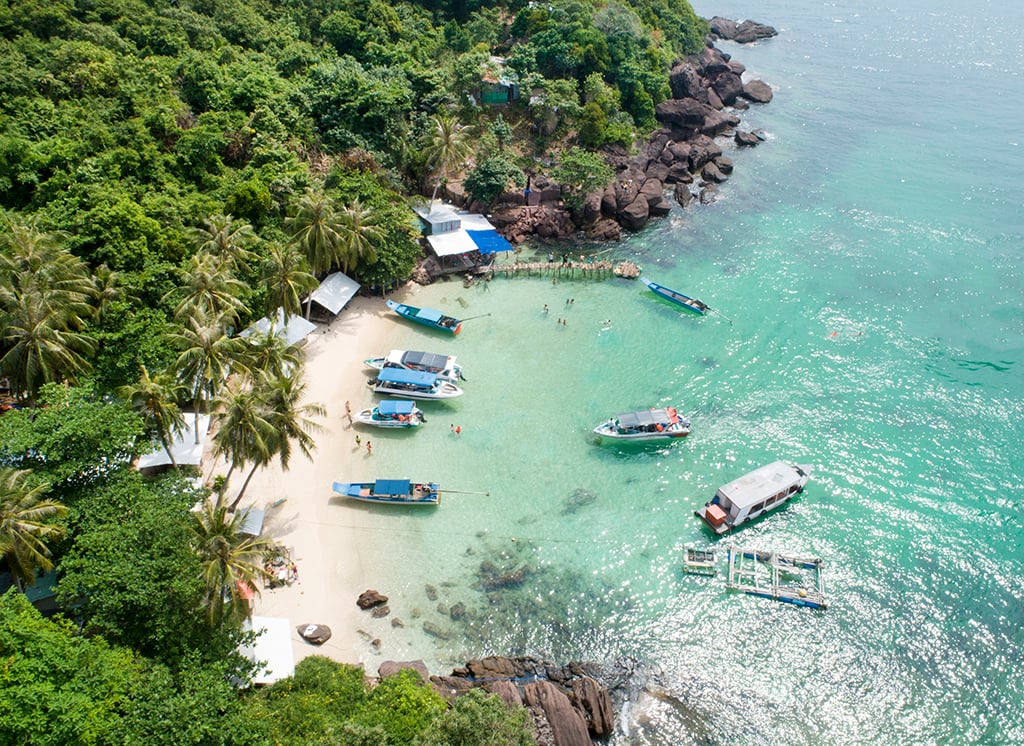
Phu Quoc's nature is not inferior to any beach resort paradise in the world.
When compared with famous sea paradises, although a "newbie", Phu Quoc stands out with its unique beauty, arousing curiosity and excitement for travel enthusiasts around the world. However, if looking at the number of international visitors, Vietnam's "pearl island" is still quite far behind other tourist islands in the region. Before the pandemic, the number of international visitors to Phu Quoc was only equivalent to about 6% of international visitors to Phuket, 11% to Bali and 60% to Boracay. In 2023, although Phu Quoc managed to "turn the tide" in the last quarter, it only reached nearly 550,000 international visitors, while this number in Phuket was more than 8.3 million, Bali welcomed more than 5 million visitors.
One of the reasons is that the number of direct flights and flight frequencies connecting Phu Quoc to the international market is still limited. According to a report from Savills Hotels, in the region, Phuket and Bali have the advantage of international air connectivity with more diverse frequencies and more routes, including flights from major cities such as Singapore, Shanghai and Hong Kong. Compared to Phu Quoc, the number of daily flights to Phuket and Bali is 150% and 430% higher, respectively.
In addition, Phuket and Bali also have more frequent air connections with the national gateway. On average, there are about 330 flights per week from Phuket to Bangkok, 400 flights from Bali to Jakarta, while Phu Quoc only has about 160 flights to Ho Chi Minh City and 90 flights to Hanoi. This number has now decreased significantly and the flight network connecting Phu Quoc with other localities is also increasingly narrowing. Now, domestic visitors to Phu Quoc by air only have 3 departure options, from Hanoi, Hai Phong and Ho Chi Minh City instead of being able to fly from Can Tho, Nha Trang (Khanh Hoa) and Da Nang as before.
In addition, the accommodation system in Phu Quoc is still quite modest. Currently, the Phu Quoc accommodation industry provides about 25,000 rooms, with the majority being small establishments, operated by local businesses. The number of rooms in the upper upscale - luxury segment, although increasingly famous in the international arena for its unique, lavish architecture and "pleasing" to many world billionaires, only accounts for about 15% of the total supply. The total accommodation supply in Phu Quoc is only equivalent to 27% compared to Phuket and 31% compared to Bali.
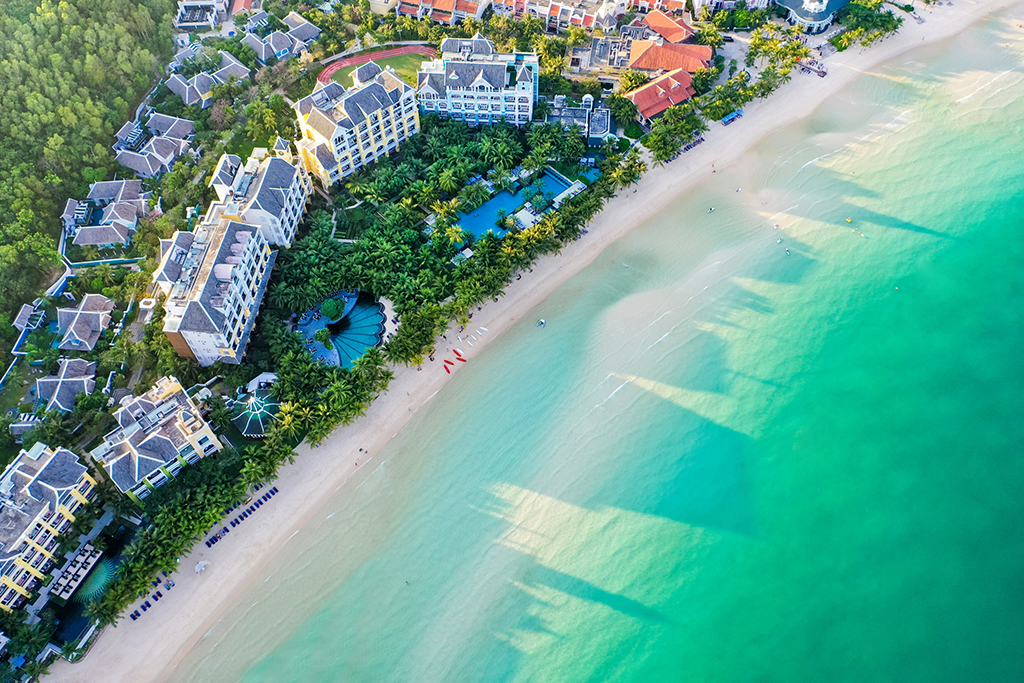
The mechanism's shirt must continue to be loosened for Phu Quoc to break through.
Need to continue the "extraordinary" mechanism circuit
The above situation shows that Phu Quoc needs a new mechanism to break through in the coming period.
Emphasizing the need to continue to give Phu Quoc "extraordinary" mechanisms, Associate Professor, Dr. Tran Dinh Thien, former Director of the Vietnam Economic Institute, analyzed: Phu Quoc has "lost momentum" and slowed down its development in the recent past for a number of reasons. First, Phu Quoc was once slowed down in its efforts to become a high-class development center when the Special Administrative-Economic Units bill was not passed in 2018. After the pandemic, we continued to miss the opportunity to bring Phu Quoc to help the entire Vietnamese economy recover.
"At a time when the whole world is fighting the pandemic, a beautiful and safe destination like Phu Quoc is the best. We should have taken advantage of that to give Phu Quoc the right to invite the world, invite first-class "gentlemen" to come, fill Phu Quoc with its own visa regimes, with its own direct connecting flights...
But we ignored it and didn't do it. It was only later that Phu Quoc was granted a visa mechanism, but when it was granted, not all flights connected here. If you want to come, you have to fly to Ho Chi Minh City, fly to Hanoi. At that time, a separate visa policy is no longer meaningful," Mr. Thien frankly said and gave evidence: After that, we should have taken advantage of the mechanisms, coordinated tourism and aviation, tourism and healthcare to create a coordinate with full conditions, providing services for customers, but we couldn't do it. Airfares are too high, affecting the travel behavior of domestic tourists. Few visitors, causing them to rush. While shaping at a high level, Phu Quoc requires a high-class culture, an extremely clean tourism environment.
In addition, according to Associate Professor, Dr. Tran Dinh Thien, despite being given favorable conditions and some incentives, Phu Quoc still basically operates within the institutional framework of a normal district-level administrative unit, with a very high level of dependence on mechanisms, policies and budgets. The "normal" institutional framework is one of the main reasons limiting the ability to promote capacity, narrowing the unusual and great development opportunities at the national and global levels of Phu Quoc.
"Phu Quoc will soon move towards high-class tourism, welcoming the world's tycoons who may need a helipad, where they can stay for only 2-3 hours, spend money and then fly away. The Phu Quoc government must have the authority to ensure that it is always ready to welcome guests who require such special services," Mr. Thien emphasized.
With such an approach, Associate Professor, Dr. Tran Dinh Thien believes that in the coming period, in order to effectively promote the potential, distinct and enormous advantages of Phu Quoc, it is necessary to create conditions for this city to develop according to the logic of "advancing", quickly affirming its status as a leading international integration and competitive force of the economy, considering this a national mission, a priority strategic task of the whole country and of the Mekong Delta region, not a specific, separate task of Kien Giang, mainly serving the local development interests of the city.
"From the beginning, Phu Quoc was shaped into a special economic administrative zone, meaning a special structure of the country, under the Government, at the central level. Thus, Phu Quoc will have a truly open space and institution for development. The "missed beat" incidents cannot change the "determined" development trajectory of Phu Quoc - the development trajectory according to the logic of special privileges - surpassing levels. The mechanism has made Phu Quoc develop miraculously up to now and the following plans are still following that trend, so that Phu Quoc can develop even more miraculously", Associate Professor, Dr. Tran Dinh Thien emphasized.
The Prime Minister has just approved the Master Plan for Phu Quoc City to 2040, aiming to develop Phu Quoc into an island city; a high-quality tourism and resort service center. At the same time, according to the direction of developing international-class eco-tourism and resorts in Phu Quoc by the People's Committee of Kien Giang province, by 2030, Kien Giang will become a particularly attractive destination, an important gateway connecting the tourism economy, positioning the brand for sustainable development in the ASEAN region... In particular, Phu Quoc is oriented to become an international-class eco-tourism and resort center with the leading quality of services - sea tourism in the country, Southeast Asia and internationally...
Source link












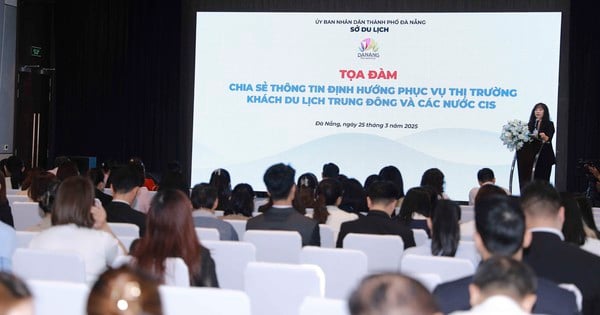

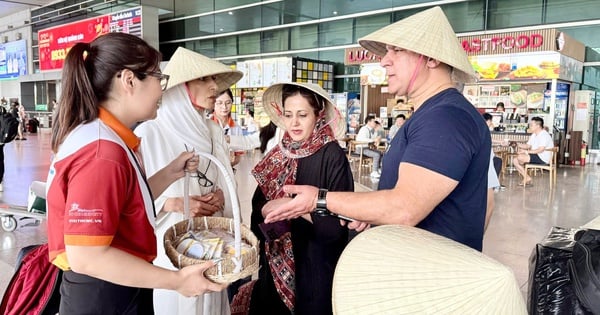



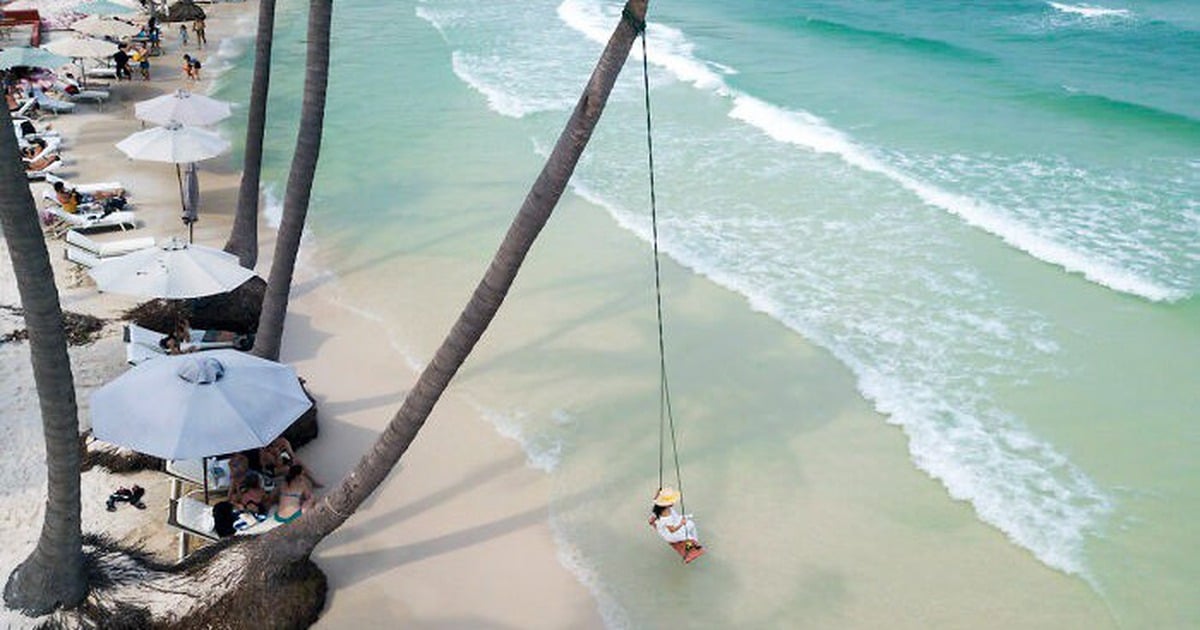









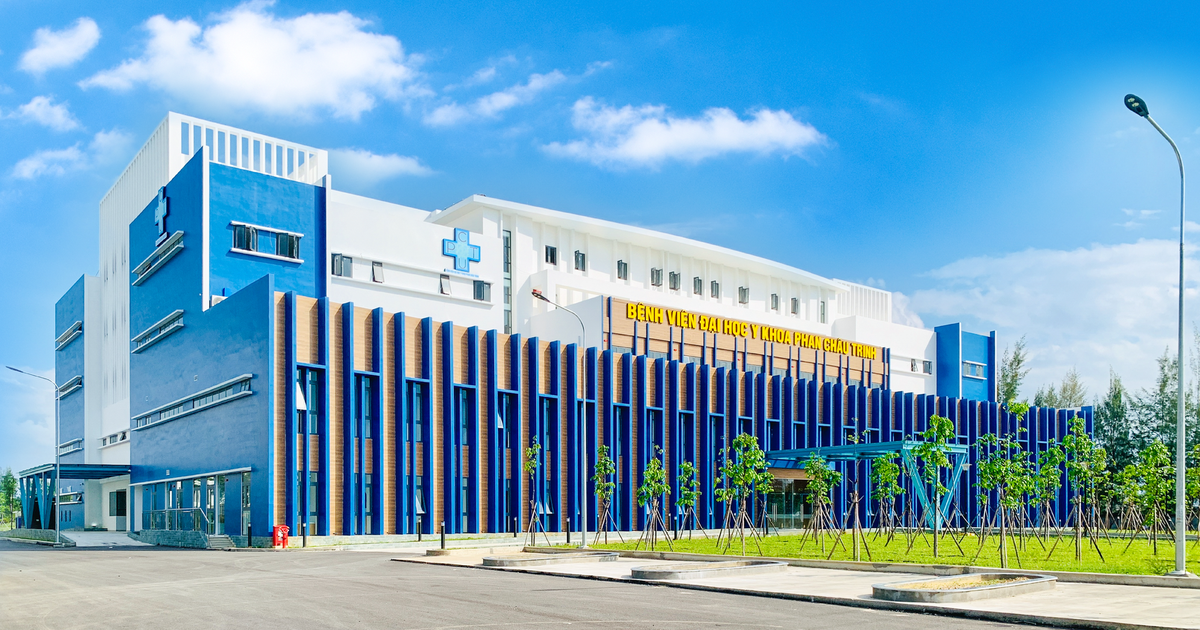


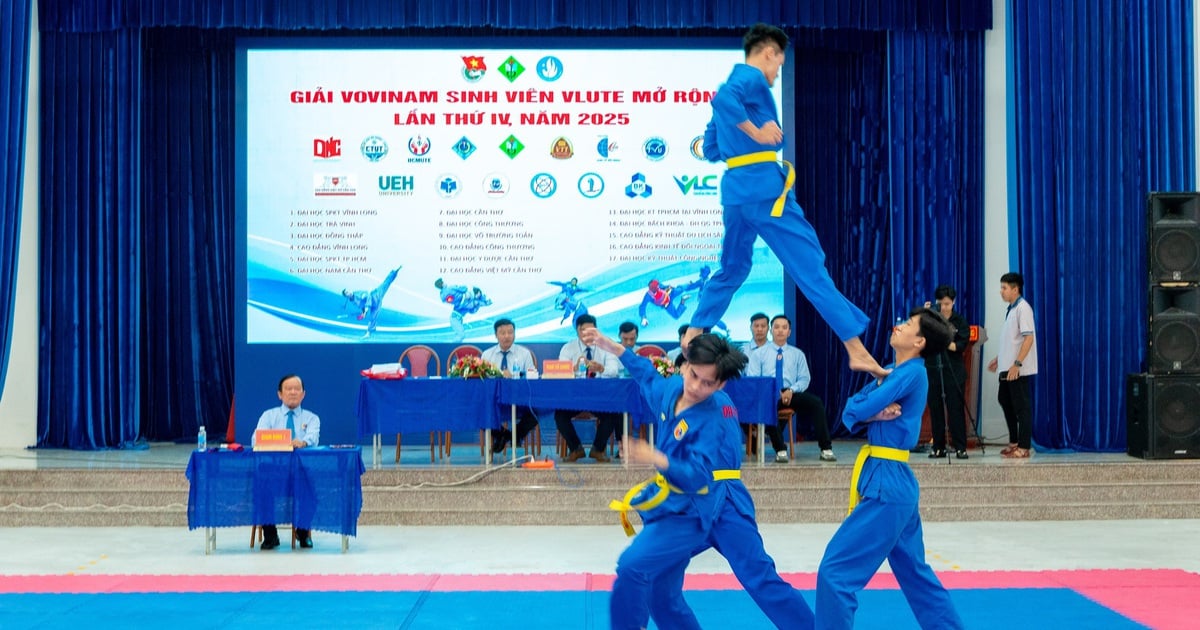


![[Photo] "Beauties" participate in the parade rehearsal at Bien Hoa airport](https://vstatic.vietnam.vn/vietnam/resource/IMAGE/2025/4/11/155502af3384431e918de0e2e585d13a)






































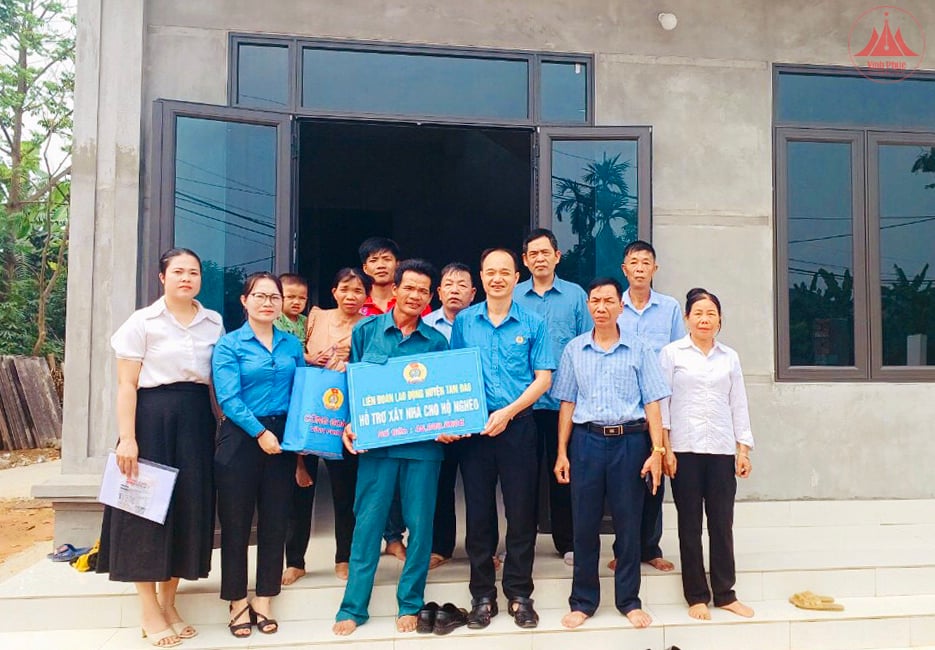


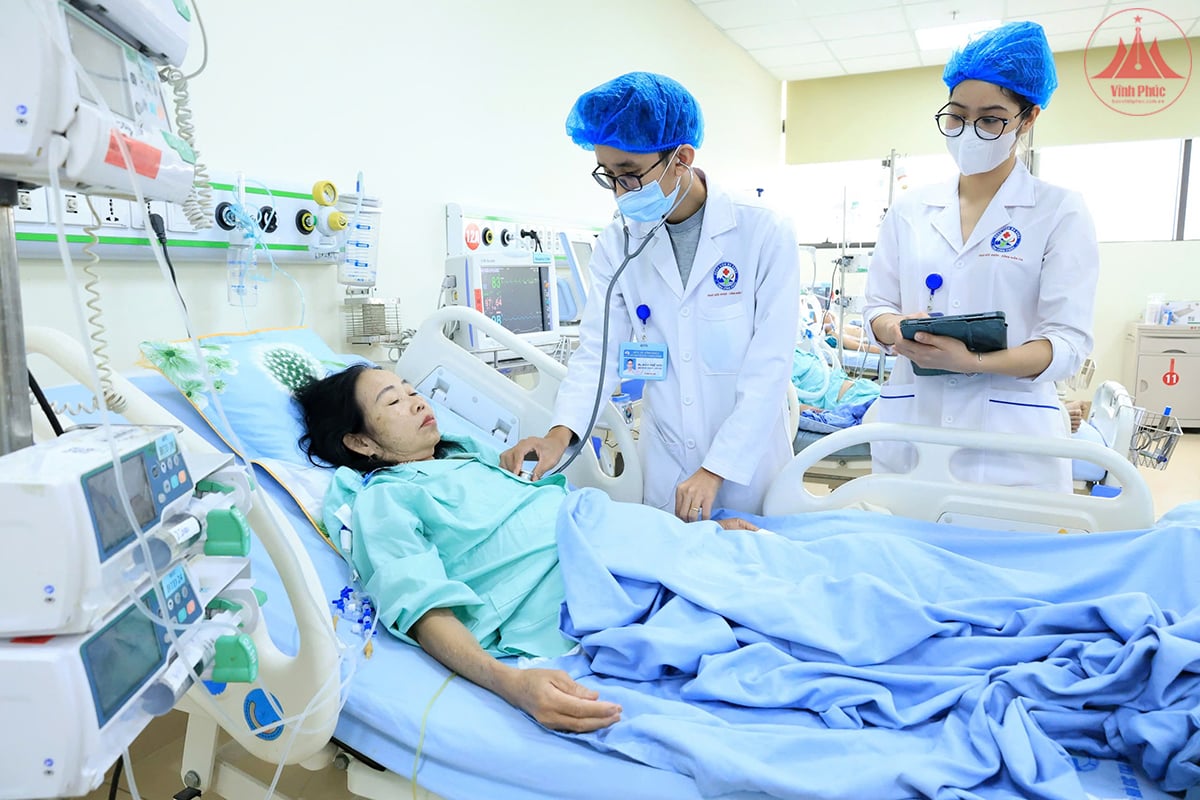
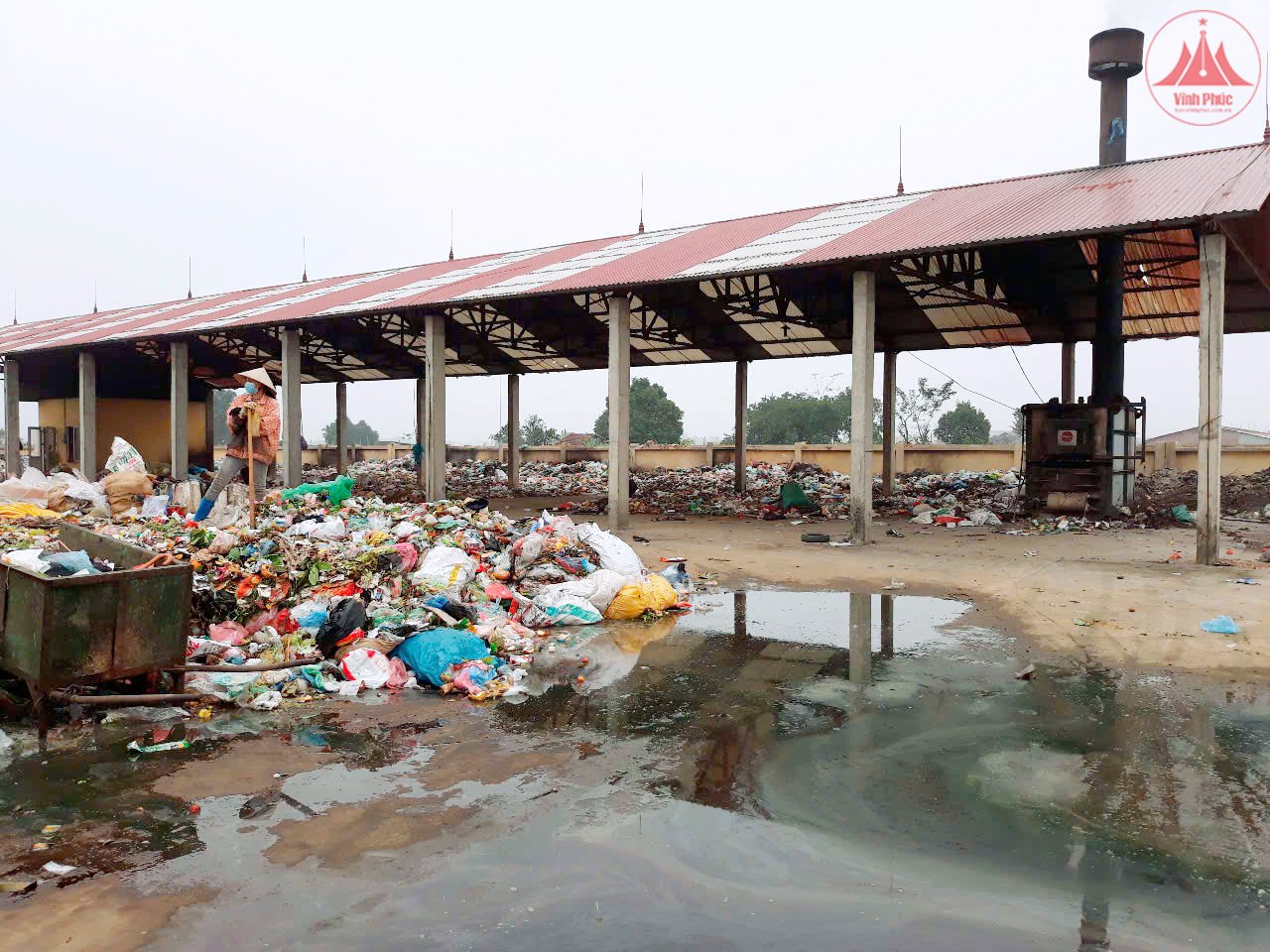
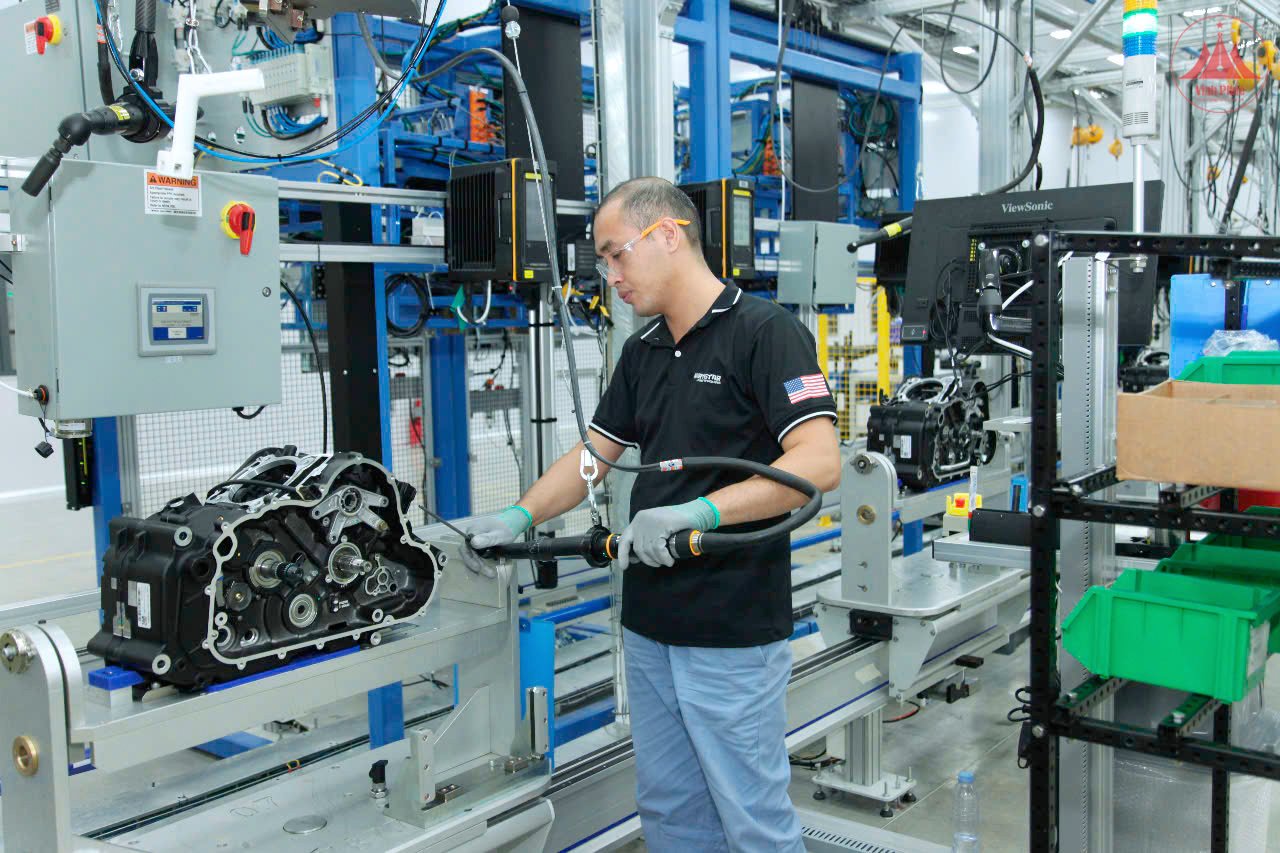












Comment (0)